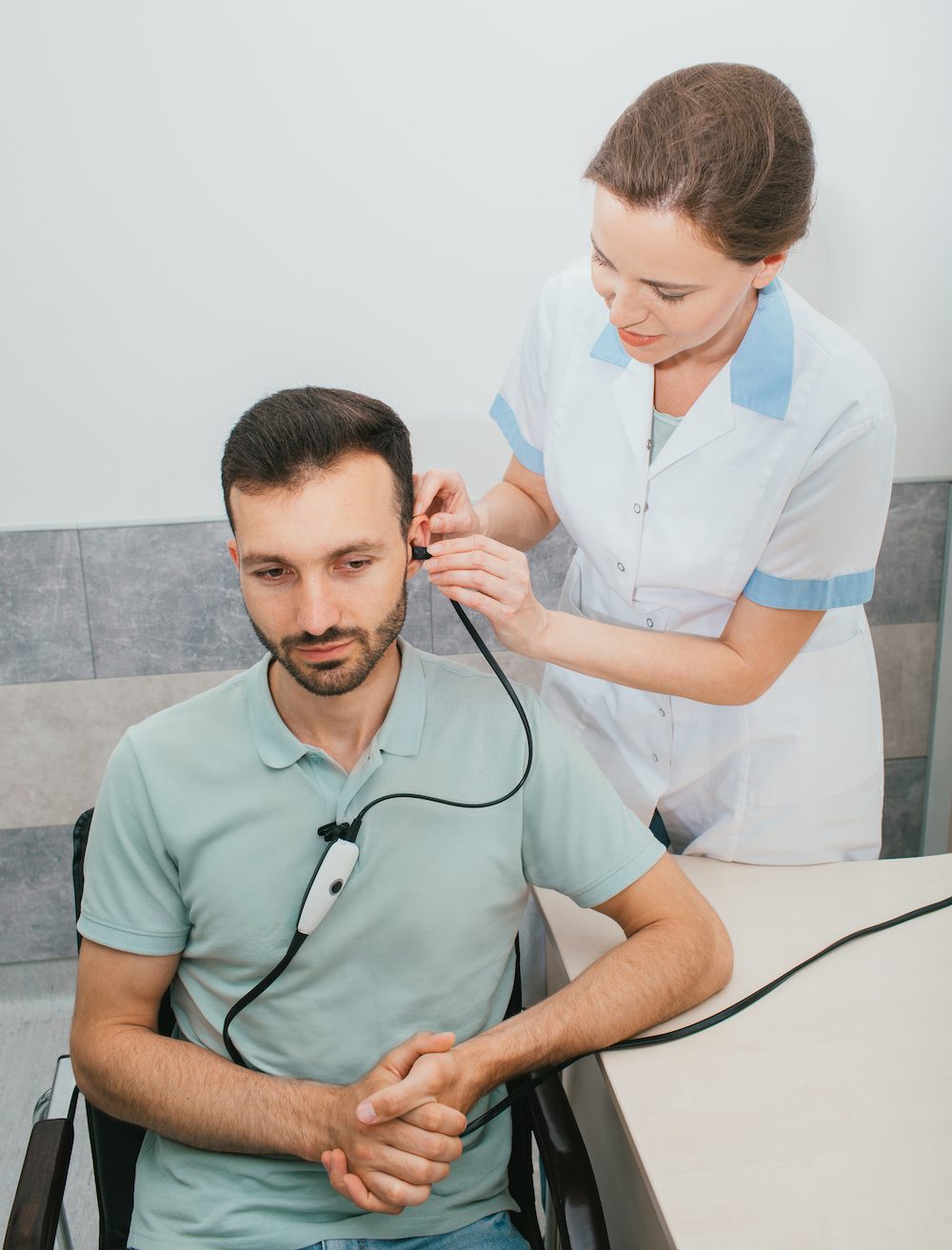Ototoxicity: Medications and Hearing Loss
Hearing loss can have various causes, ranging from genetic factors and
WE MOVED!
As of 6/30 we will be at our new location at 3301 Keithshire Way, Suite 101, Lexington, KY 40503. Schedule an Appointment →


Hearing loss can have various causes, ranging from genetic factors and

Assistive listening devices (ALDs) are a form of technology that

Health concerns often come with warnings or gradual changes, but this